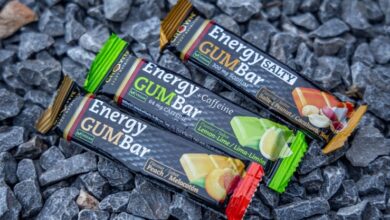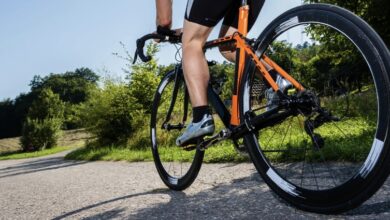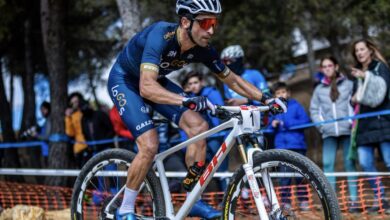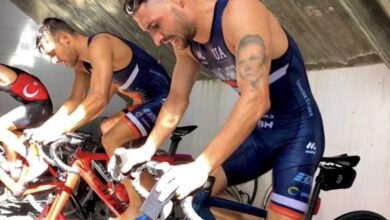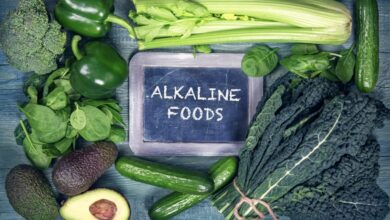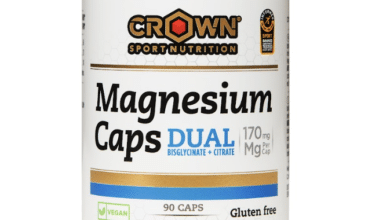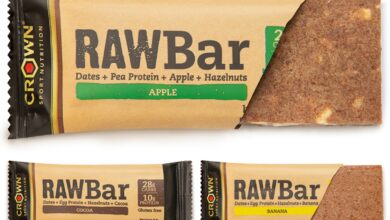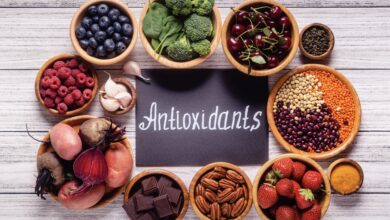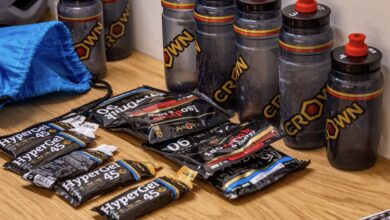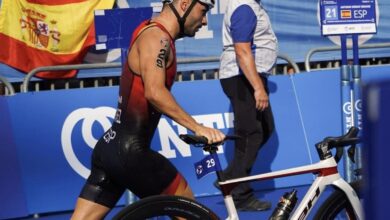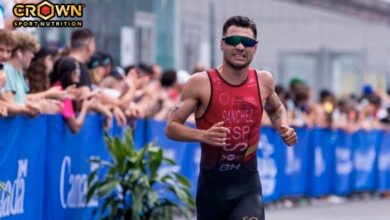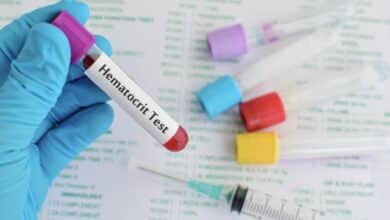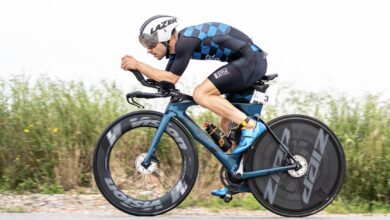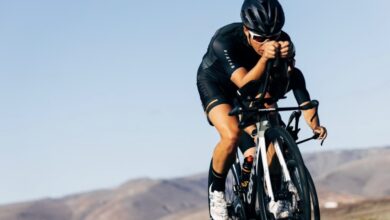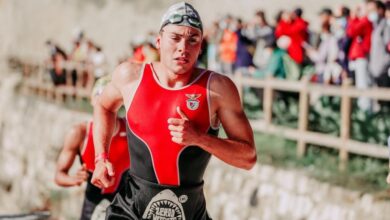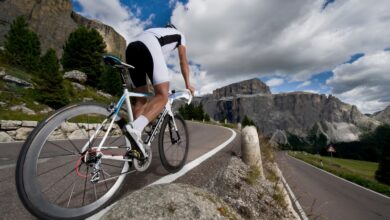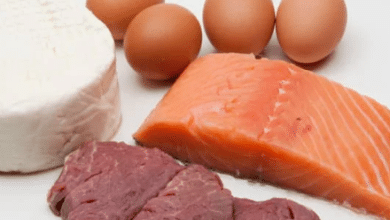Nutritional strategy for the day of competition in an Ironman
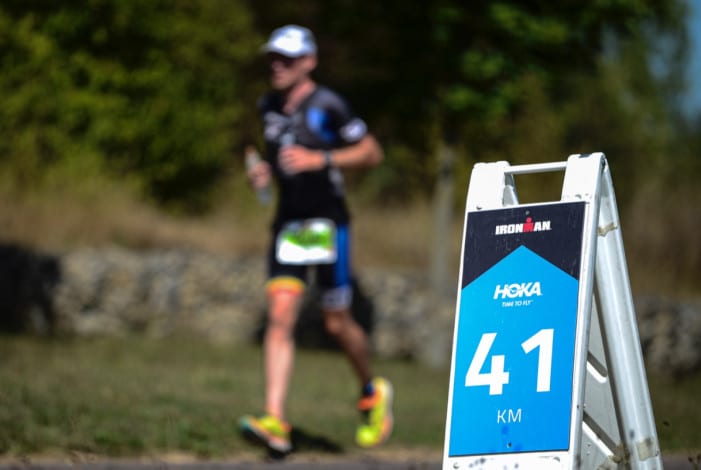
Competing in a long-distance triathlon is a goal that has been prepared for months and it is important to keep track of the entire day of the competition.
One of the most influencing factors is nutrition and in this article by the hand of Crown Sport Nutrition We are going to give you some good advice for the day of the race.
What to avoid in an IRONMAN?
In such a long competition there can be many unforeseen events, but within what can be controlled, such as nutrition, we are going to make a compilation of the things that can affect our performance.
Dehydration
Even if we are only slightly dehydrated, it can cause cramps to appear and increase the risk of digestive discomfort.
Electrolyte imbalance
If this happens to you, you will be at risk of hyponatremia (low sodium levels in the blood).
Electrolytes are lost through sweat, so it is important to replace them and not drink excessively.
The depletion of muscle glycogen
If you run out of glycogen, you will no longer be able to continue competing at a good intensity and the dreaded wall will appear.
Hypoglycemia
The drop in blood glucose levels produces central fatigue and lack of energy in the muscles.
Have digestive discomfort
Sure they sound familiar, having nausea, vomiting, gas, diarrhea ... can become a real nightmare.
What to eat on the day of an IRONMAN?
On the day of the competition itself you have to take into account many factors and it all starts with breakfast.
In the 4 hours prior to departure it is recommended to drink between 5 - 7 ml of Isodrink & Energy per kilo of body weight (If you weigh 70 kilos, between 350 - 500 ml). Tip: Drink a glass (250 ml) as soon as you get up.
Stop drinking 60 - 90 minutes before departure.
An IRONMAN's breakfast
The most important thing is that you do not make changes from your usual breakfast and always choose things that feel good to you.
Eat breakfast at least 2-3 hours before departure to give yourself time to digest.
It is recommended that in said breakfast there is:
- Carbohydrates (toast with honey or jam, non-whole grains, soft rolled oats)
- Banana
- Protein (a little turkey, plain yogurt, egg, a small portion of whey protein ...).
- Coffee, tea or infusion.
Before departure
It is best not to take anything between 60 - 30 minutes before departure to avoid reactive hypoglycemia due to the consumption of gels, bars or isotonics.
You can take a gel or an isotonic glass during the warm-up just before starting the swim (about 10 minutes before the start there is no longer a risk of reactive hypoglycemia).
How many calories are consumed in an IRONMAN?
The energy cost in a long distance triathlon is estimated between 8.500 - 11.500 kcal.
What to take during an IRONMAN?
During the competition we recommend:
• Hydrate properly
Ingest about 500 - 800 ml of liquids per hour. Do not drink more than you lose through sweat, as you will be at risk of hyponatremia.
Take advantage of the transitions to drink isotonic or water + gels.
• Replace salts and electrolytes:
About 450 - 1.150 mg of sodium (Na +) per liter of water, through the intake of isotonic drink, salty foods, freezes or bars.
Salt capsules are not normally necessary, unless you drink only water and the foods, gels and bars you consume do not contain enough sodium. In that case the salt capsules can be a good tool.
Take a good look at the sodium composition of the products that you are going to consume during the competition.
• Continuous intake of carbohydrates
Take about 60 - 90 g / hour by isotonic drink, wales, bars, fruit, dehydrated fruits (dates, dried apricots, dried banana), cookies ...
If you go over 60 g CH / hour you have to make sure that the carbohydrates are glucose / maltodextrin / fructose mixtures).
One tip is to avoid ingesting large amounts of fructose, as they cause digestive discomfort.
Take protein
If the cycling segment is more than 4 - 5 hours it is ideal to take proteins / amino acids through protein bars, BCAAs, or small ham / turkey / cheese sandwiches.
During the cycling segment you have to try to reach 60 - 90 g of carbohydrates per hour.
In the race, a good goal is to reach 40 - 60 g CH per hour.
The same goes for fluid intake; by bike you will be able to drink more than in the race.
What to do if I have an upset stomach?
If at any point during the competition you begin to feel discomfort in your stomach, it is best to let it rest a little, not eating or drinking anything.
One trick is to rinse your mouth with isotonic or Coca-Cola, having the drink for
5 - 10 seconds in the mouth. Taking small sips of cold Coke also helps calm your stomach.
What to eat after an IRONMAN?
Post-race recovery is essential, so we recommend doing the following guidelines:
First 30 min:
The most important thing is to recover the fluids lost during the competition.
Between 4 - 6 hours after the effort, you will have to drink 1,5 liters of water for every kilo you have lost in the race.
Having an isotonic drink (sodium, potassium and chlorine) right after finishing will help you rebalance your hydration status as soon as possible.
Water alone is not indicated, as it promotes diuresis and could continue to lower your blood sodium levels, worsening the situation.
Until the 1st hour
Eat foods rich in easily digestible carbohydrates and proteins.
Recovery shakes are an excellent option.
Between 2 - 3 hours:
Go back to eating something that has carbohydrates and protein but is easy to digest with little fiber and fat.
White rice, pasta, potatoes or similar foods with protein sources such as eggs, chicken or grilled white fish are good combinations.
There are no previous results.







